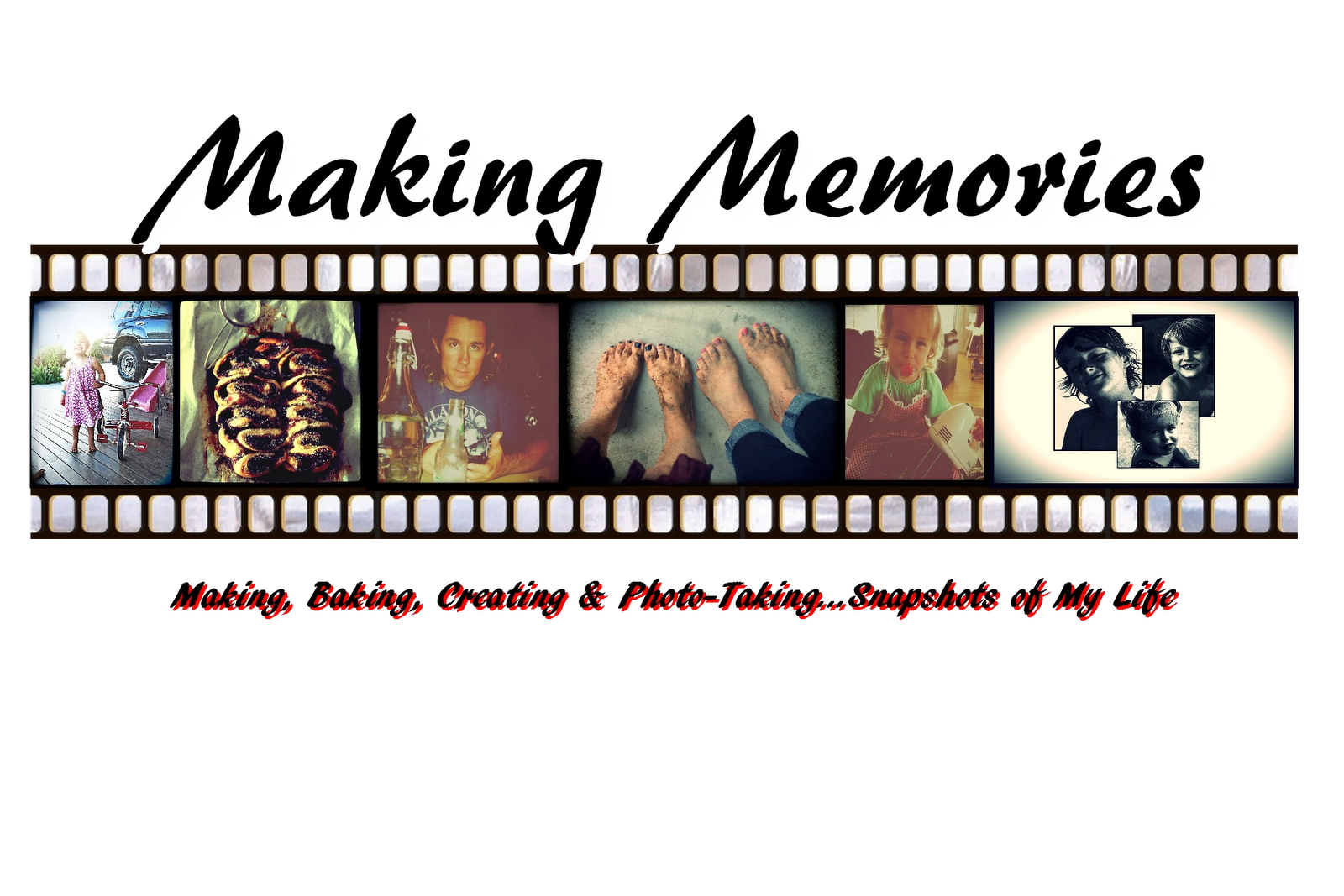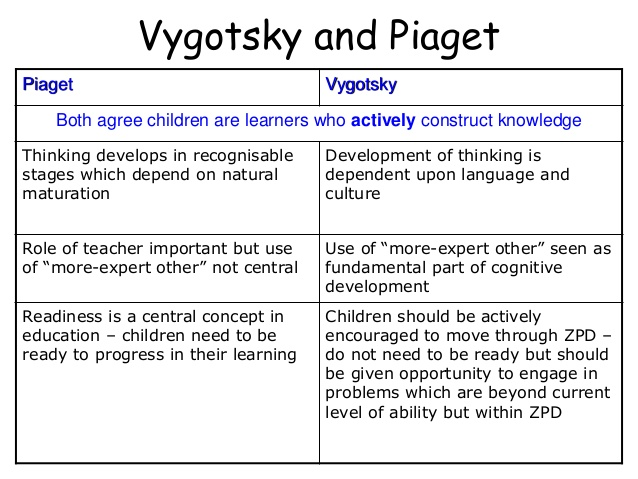

If these professionals believe there is cause for concern, they may refer the child for psychological testing for further assessment.

If parents have concerns about their children's lack of developmental progress, they will want to discuss these concerns with their children's health care provider, and other professionals such as teachers, guidance counselors, and school administrators. Children's cognitive development can be affected by many factors such as family culture the quantity and quality of formal schooling or training various medical conditions and emotional or physical trauma. Piaget's research found that youth entered the stage of formal operations at approximately 11 years of age on average however, there is a great deal of individual variation with respect to normal development. This youth will be able to use the abstract concepts of injustice and poverty to imagine and describe these events. For instance, a youth who has reached the stage of formal operations can imagine and accurately describe what it may have been like to be a poor, black resident of New Orleans during Hurricane Katrina and can imagine and describe how victims may have felt about the inadequate and disparate rescue efforts. Therefore, youth can now represent in their mind circumstances, or events that they have never seen, nor personally experienced. Formal operations refer to the ability to perform mental operations with abstract, intangible concepts such as "justice" or "poverty" and to be able to estimate or describe the effect of these intangible concepts. Piaget used the term "formal operations" to describe this new ability. Piaget called this type of mental operation a "concrete operation" because the mental operation represents a tangible, concrete circumstance that the child can easily imagine since it is anchored to things that can be seen and touched in the real world: It is concrete.Īccording to Piaget, the adolescent years are remarkable because youth move beyond the limitations of concrete mental operations and develop the ability to think in a more abstract manner. What do you think would happen?" Most children at this age will correctly guess that the dog ate the hotdog, particularly if they have any experience with dogs. For instance, suppose a 7-10 year old child is asked, "What if there was a hungry dog in the kitchen and Mother dropped a hotdog on the floor.

This is commonly called a "What if-?" scenario. Different from Freud’s psychosexual theory, Piaget’s theory is more intellectual and scientific grounding.Piaget used the term "mental operations" to describe the mental ability to imagine a hypothetical situation and to be able to determine a likely outcome, without needing to actually observe or enact the scenario. Each stage corresponding to a different style of thinking, a different way of making sense of how the world works.
Piaget creating memories series#
he proposed that theories transform and that you could capture the development in terms of a series of stages.And children’s theories are very different from ours. Rather, Piaget believed that children have theories of the world, and so do we. Or for the behaviorist, new conditioning and new responses. So he’s not a nativist suggesting that children know it all from the start nor is he an empiricist or a behaviorist who viewed learning simply as the accumulation of new knowledge. View: children think in entirely different ways than adults.Approach: he asked children to solve problems, and then asked them about their reasoning behind the solution.2) accommodation: the process by which existing schemas are changed, or new schemas are created, in order to fit the new information and new experience. 1) assimilation: the process of taking in new information and new experiences and matching it up with an already existing schema. two psychological mechanisms that lead to the transformation of these schemas and the creation of new schemas.described these understandings as schemas these schemas were frameworks that develop to help organize knowledge.Piaget thought of children as active thinkers, constantly trying to construct more advanced understandings of the world.ontogeny recapitulates phylogeny: you can see the development of the species is repeated, recapitulated, in the development of every individual.He pursued his research by looking at it in children.His research program was genetic epistemology and he was interested in the development of knowledge in the human species. Jean Piaget was the founder of the modern study of developmental psychology.9.4 Major discoveries about genes and the environment.2.5 How are children different from adults?.2.2 Piaget’s Developmental Stage Theory.



 0 kommentar(er)
0 kommentar(er)
